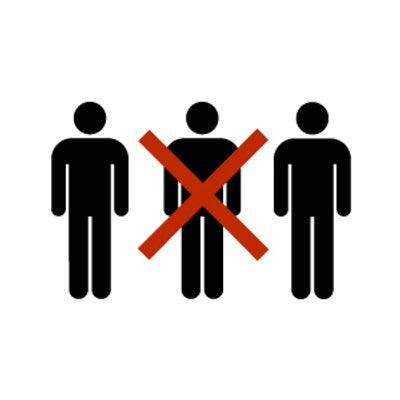What does Bitcoin do?
To understand Bitcoin, it is necessary to understand what Bitcoin is designed to do, to be. Bitcoin is not a means to remove banks, offer credit, or undermine government, it is a means to replace the ineffective payment systems (such as Visa and MasterCard) and the problems these create.
What is a payment intermediary or middleman?
The difficulties in transferring cash payments over large distances and between people who may have never met and may never meet created the need for payment intermediaries in Internet transactions. Payment intermediaries provide both trust and some realistic means for a purchaser to transfer consideration to the seller reliably. For instance, if a buyer on an online auction site comes up with the highest bid incurring a debt, a payment intermediary would be involved in order to arrange a transfer of funds either from the purchaser’s banking account or via some payment-card system cons making the transaction. One of the first was PayPal.

As an example, if party A located in Singapore was to sign up for an account with a licensed online casino such as Lasseter’s Online in Australia, party A would require some means of transferring funds from their banking account to a trust account managed and maintained by Lasseter’s Online. When party A has subsequently been successful at their gambling pursuit playing online poker, the party would require some means of ensuring the return of their winnings. If on the other hand party A had accumulated gambling debts, Lasseter’s Online would require some means of ensuring that funds in the trust account are used to pay those debts.
In the case of less significant amounts, this may be as simple as holding party A’s credit-card details in a database. In situations where the transactions are large, Lasseters may wish to use party A’s bank to transfer money in advance or otherwise to secure some assurance that A’s potential gambling losses will be covered. The payment-card company or bank in practice is an essential actor for the conduct in which party A desires to enact.

Removing the middleman…
It was originally believed[1] that digital cash or electronic money would be created or minted allowing for some type of universal credit and would facilitate Internet transactions. Although a number of schemes did emerge, the vast majority of transactions that occur across the Internet are made by way of traditional means such as credit cards.[2] Rather than digital cash being minted, a new type of payment intermediary developed. Peer-to-peer (P2P) payment systems,[3] such as PayPal, emerged allowing individuals to receive transactions directly[4], bypassing merchants, and also act as a means of consolidating payment methods by providing a mechanism to interact with various banks and payment-card institutions directly.
Peer-to-peer processing networks have aided the growth of auction intermediaries such as eBay.[5] Payment-card providers, P2P systems, and other entities that act as a mechanism to facilitate commercial transactions[6] also have the capability to stop illicit transactions and act as regulatory enforcement points. A commercial site distributing child pornography from Nigeria cannot be run profitably without an economical method of receiving consideration. If the site operators cannot reliably receive payment, they will quickly shut down. As the financial gatekeepers, payment intermediaries can be used to prevent illicit activity over the Internet — either through proactive actions or upon the receipt of court orders; and an Internet payment intermediary could be used as an aid to curtail undesirable activities occurring across the Internet.

With Bitcoin, the need for a middle man was removed. It enabled the ability to have true P2P electronic cash.
Notes:
[1] Anderson et al. in their Dec 1997 presentation “Exploring Digital Cash” argued that digital cash would “likely continue to evolve remarkably quickly”.
[2] In 2002, roughly ninety percent of Internet transactions used credit cards. Ronald J. Mann, Regulating Internet Payment Intermediaries, 82 Texas L. Rev. 681, 681 (2004).
[3] In this context, P2P stands for “person-to-person.” The term is to be distinguished from the more common use of the same acronym to describe the peer-to-peer file sharing discussed in the context of piracy.
[4] See Mann, at 683.
[5] Id.
[6] Because of the fluidity of payment mechanisms on the internet, there are a wide variety of service providers of various kinds (such as organisations like Checkfree, Cybernet, & Authorize.net) that might or might not be regarded as intermediaries, depending on the circumstances. For purposes of this essay, though, we focus on the dominant intermediaries like Visa, MasterCard, and PayPal.

